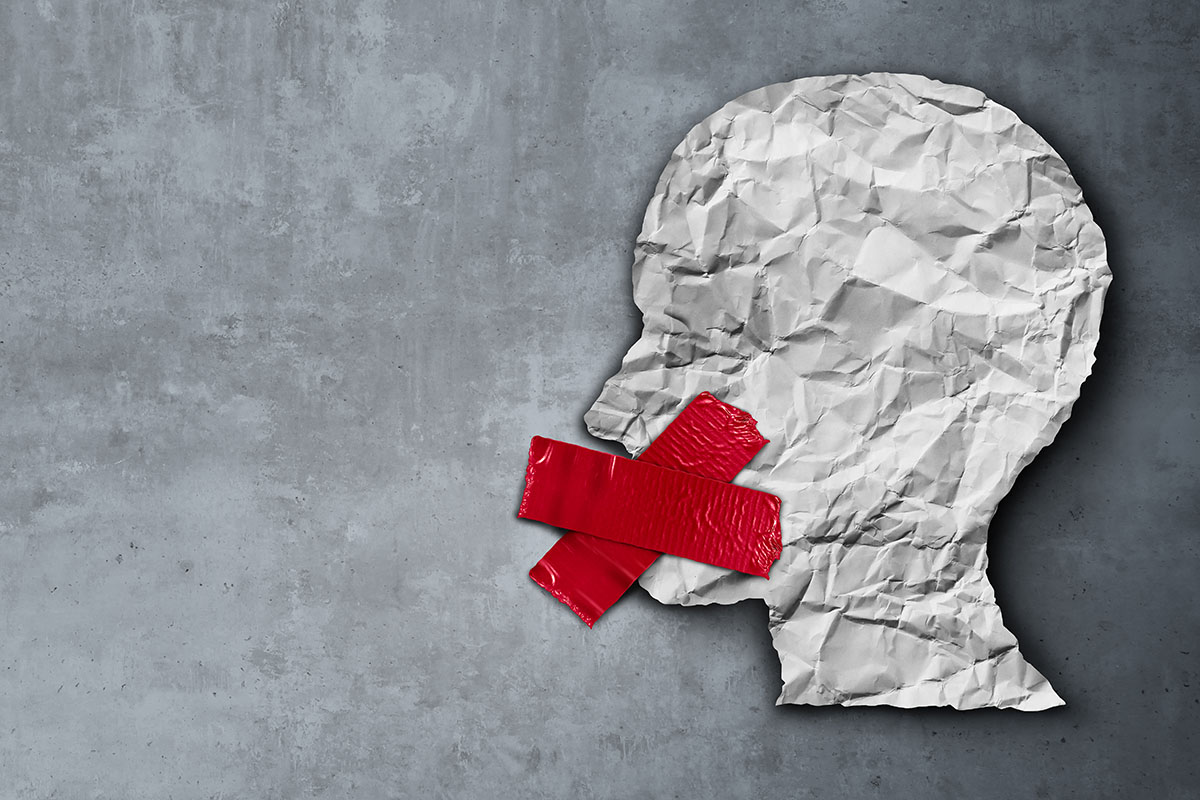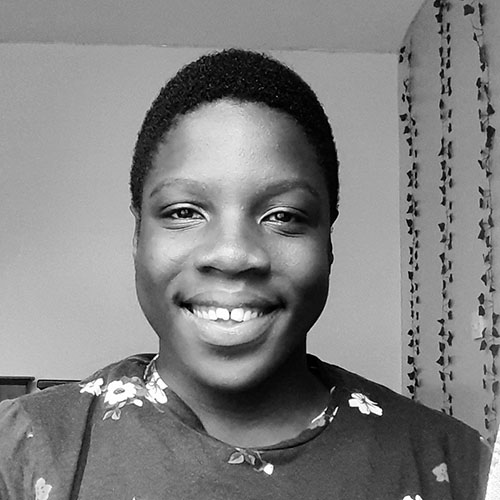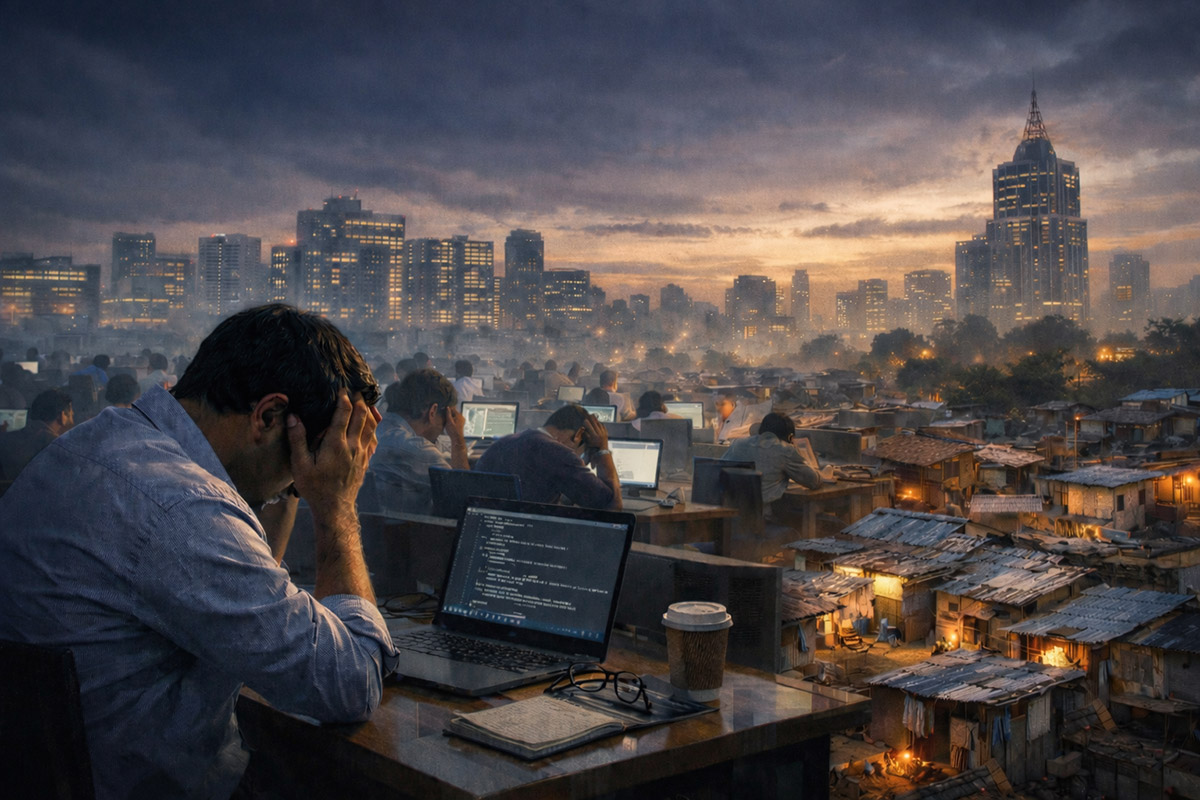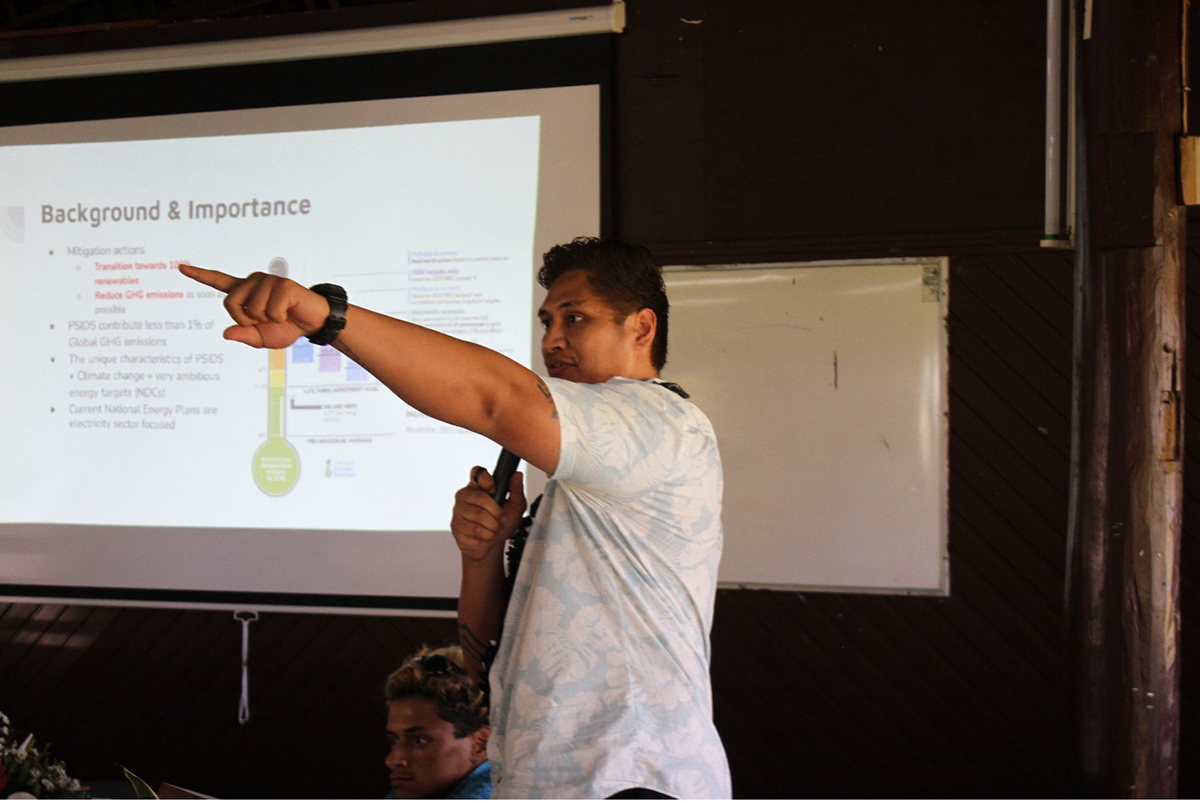Navigating the Limits: Is Free Speech Truly Unrestricted?
September 10by Joshua Kimera
George Washington talks about the essential role of free speech in safeguarding democracy. Washington warns that without the ability to speak freely, individuals become vulnerable to manipulation and oppression, emphasising that the right to voice one’s thoughts is a critical necessity for society’s survival.
If freedom of speech is taken away, then dumb and silent we may be led like sheep to the slaughter
George Washington
Laurie Halse Anderson strengthens this idea by highlighting how censorship arises from fear, a desire to suppress what is not understood. This suppression breeds ignorance by blocking the free exchange of ideas and critical thought. Moreover, Anderson points out that censorship serves as a tool for tyrants to maintain power, silence dissent, and prevent challenges to authority.
Censorship is the child of fear, the father of ignorance and the weapon of tyrants
Laurie Halse Anderson
Freedom of speech is a principle that supports the freedom of an individual or a community to articulate their opinions and ideas without fear of retaliation, censorship, or legal sanction.
In our current day and time, we need to reanalyse free speech as a fundamental pillar of a proper functioning society. The primary purpose of freedom of speech is to allow for the participation of all citizens in the search for truth. This participation is essential in a democracy, where the exchange of ideas and debate is crucial for informed decision-making.
Increasingly, fake media is infiltrating our information through flashy titles designed to attract engagement rather than inform. This poses a significant threat to free speech, as it undermines the quality of discourse and distorts the truth. When misinformation spreads like an unchecked wildfire, it not only confuses the public but also creates a breeding ground for further censorship.
Modern liberal tradition has influenced the shift in the rhetoric of free speech. Through social media, there has been rapid dissemination of ideas throughout the globe. Social media has changed to cater to the liberal agenda which in turn has curtailed free speech through unnecessary regulations by both social media companies and the state. Social media was a tool created for communication and expression. Expression and communication became quite difficult to interpret thus came moderation policies to create safer and more inclusive environments.
While these regulations aim to prevent hate speech and protect vulnerable groups, they can also be seen as forms of censorship. The challenge lies in finding a balance between protecting individuals from harm and ensuring that free speech is not restricted. Moreover, the state’s involvement in regulating speech on these platforms has further complicated the issue. Governments, under the pretext of national security or public order, have sometimes pressured social media companies to remove content or silence voices. This has led to concerns about the erosion of free speech and the potential for government overreach.
With social media, the enigma that is cancel culture also came about where the boundaries of accountability and free expression are constantly being negotiated and challenged.
Cancel culture refers to the phenomenon where individuals, often public figures, face severe backlash, social ostracization, or professional consequences after expressing opinions or engaging in actions that are deemed offensive or unacceptable by a segment of society. It typically occurs on social media, where widespread criticism can quickly lead to calls for boycotts, loss of employment or other punitive measures.
Supporters of cancel culture argue that it holds people accountable for harmful behaviour, promoting social justice and deterring hate speech or discriminatory actions. Others, however, contend that cancel culture suppresses free speech and creates an environment of fear where people are reluctant to voice differing opinions, potentially leading to self-censorship and the stifling of meaningful dialogue.
The concept of cancel culture has emerged as a contentious issue. Cancel culture has raised important questions about the limits of free speech. In a society where individuals can be “cancelled” for expressing opinions, can we truly say that we have the freedom to express ourselves? Who determines the limits of offence? We, the court of public opinion, often forget that none of us think the same. If you take a poll on a certain opinion some will say it is good, others will say it is bad, but at the end of the day it’s an opinion to be respected! You either take it or leave it, not censor it because that’s what makes us human.
In conclusion, freedom of speech remains a fundamental right that must be vigilantly protected. As society evolves, so too must our understanding of what free speech entails. In an age of misinformation, cancel culture and social media, the boundaries of free speech are constantly being tested. It is crucial to ensure that in our efforts to create a safe and just society, we do not inadvertently curtail the very freedoms that make us human and allow us to challenge, innovate, and grow.






